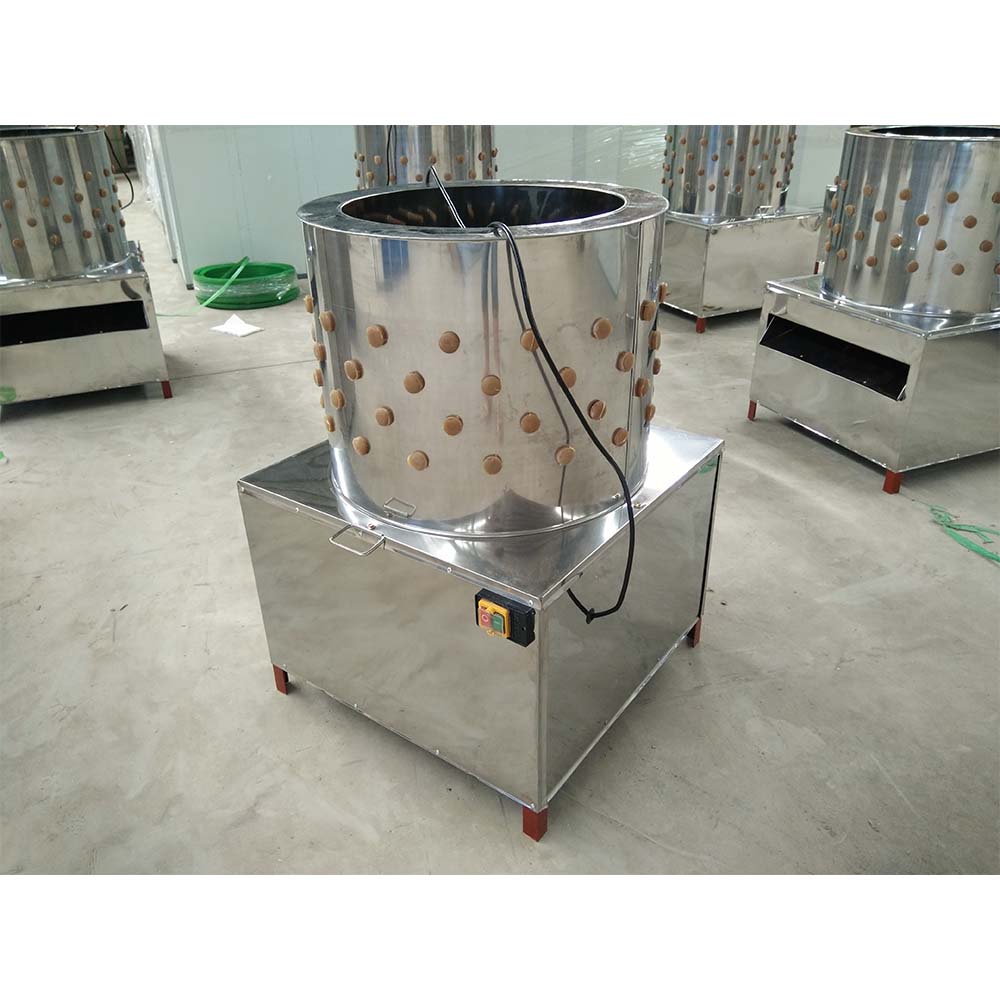Innovative Solutions for Efficient Packaging with Advanced Vacuum Machine Technology in Food Industry
Aug . 07, 2024 05:25 Back to list
Innovative Solutions for Efficient Packaging with Advanced Vacuum Machine Technology in Food Industry
The Importance of Packaging Vacuum Machines in Modern Industries
In today’s fast-paced world, the need for efficient packaging solutions has become paramount across various industries. One of the most significant advancements in packaging technology is the vacuum packaging machine. These machines not only simplify the packaging process but also enhance the shelf life of products, reduce spoilage, and ensure food safety. The following paragraphs discuss the importance of vacuum packaging machines, their working principles, and their applications in different sectors.
Understanding Vacuum Packaging Machines
Vacuum packaging machines work by removing air from a package before sealing it. The removal of air helps to prevent the growth of aerobic bacteria and molds, which can spoil food products. Typically, these machines are equipped with heating elements and a vacuum pump to create an airtight seal. Once the air is extracted, the package is sealed tightly, ensuring that no air can penetrate the container. This method is widely used not only for food products but also for non-food items such as medical supplies and electronic components.
Benefits of Vacuum Packaging
One of the primary advantages of vacuum packaging machines is the extended shelf life they provide. By creating a vacuum seal, these machines help to preserve the freshness of food products. For instance, meats, cheeses, and vegetables retain their quality for weeks or even months longer than traditional packaging methods allow. This not only reduces food waste but also saves consumers and businesses money in the long run.
Additionally, vacuum packaging is essential for maintaining food safety. The removal of air minimizes the risk of oxidation and contamination, ensuring that products are less prone to spoilage. This is particularly important in the food industry, where safety regulations are stringent, and the cost of foodborne illnesses can be devastating.
packaging vacuum machine

Versatile Applications
Vacuum packaging machines are utilized in a wide range of industries. In food production, for example, companies use these machines to package everything from deli meats to frozen food products. In the retail sector, vacuum packaging extends the shelf life of perishable goods, while also providing an appealing presentation to consumers. Furthermore, vacuum sealers are increasingly being used for sous-vide cooking, a method that involves cooking food in a vacuum-sealed bag at precise temperatures.
In non-food industries, vacuum packaging is equally valuable. For instance, in the medical field, sterile equipment and supplies are often vacuum sealed to ensure their integrity and hygiene. Additionally, electronics manufacturers use vacuum packaging to protect sensitive components from moisture and static.
Environmental Considerations
As industries continue to face pressure to adopt sustainable practices, vacuum packaging machines also offer potential environmental benefits. By extending the shelf life of products, these machines can play a role in reducing food waste—a significant global issue. Moreover, advancements in biodegradable and recyclable packaging materials are being integrated with vacuum sealing technology, creating eco-friendly solutions for businesses.
Conclusion
In conclusion, packaging vacuum machines are a crucial component of modern industries, offering significant benefits in terms of product preservation, food safety, and versatility. Their ability to extend shelf life and reduce spoilage not only aids businesses but also contributes to environmental sustainability by minimizing waste. As technology continues to evolve, we can expect vacuum packaging machines to become even more efficient and environmentally friendly, playing an increasingly important role in our everyday lives.
-
Hot Sale 24 & 18 Door Rabbit Cages - Premium Breeding Solutions
NewsJul.25,2025
-
Automatic Feeding Line System Pan Feeder Nipple Drinker - Anping County Yize Metal Products Co., Ltd.
NewsJul.21,2025
-
Automatic Feeding Line System Pan Feeder Nipple Drinker - Anping County Yize Metal Products Co., Ltd.
NewsJul.21,2025
-
Automatic Feeding Line System - Anping Yize | Precision & Nipple
NewsJul.21,2025
-
Automatic Feeding Line System - Anping Yize | Precision & Nipple
NewsJul.21,2025
-
Automatic Feeding Line System-Anping County Yize Metal Products Co., Ltd.|Efficient Feed Distribution&Customized Animal Farming Solutions
NewsJul.21,2025






